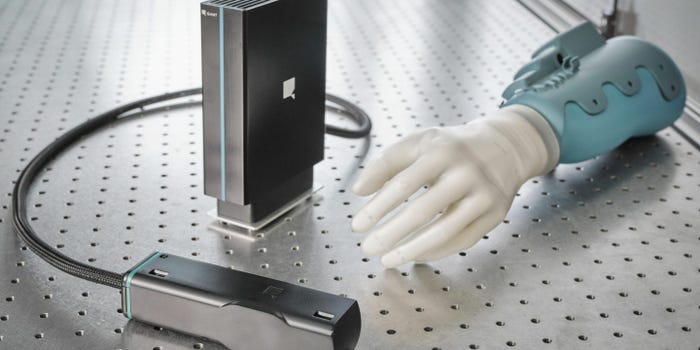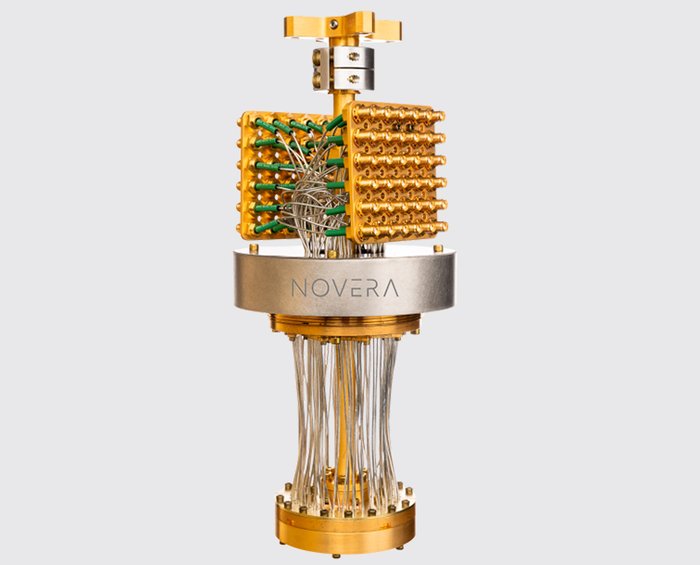
Connects decision-makers and solutions creators to what's next in quantum computing
Argonne research could transform materials engineering and drug design
April 12, 2023

Researchers at the U.S. Department of Energy’s (DOE) Argonne National Laboratory have developed a quantum hybrid simulation process to work out the electronic structure of molecules. This could lead to breakthroughs in developing new drugs and materials.
Quantum mechanical equations can work out how the electrons of the atoms that make up a molecule interact. These currently run on classical computers for small molecules, but the processing time larger molecules require becomes prohibitively long.
The researchers demonstrated that quantum computers can help determine electronic structures and concluded that they could resolve more complex molecules as quantum computers scale up.
University of Chicago physicist Giulia Galli and Argonne scientists Marco Govoni led the research.
“This is an exciting step toward using quantum computers to tackle challenging problems in computational chemistry,” said Galli.
“The question we really wanted to address is what is possible to do with the current state of quantum computers,” Govoni added. “We asked the question: Even if the results of quantum computers are noisy, can they still be useful to solve interesting problems in materials science?”
The researchers designed a hybrid simulation process by which IBM quantum computers of just four to six qubits performed part of the calculations, and the results were further processed using a classical computer.
Repeating this simulation process several times delivered the correct electronic structures of several solid-state materials. The team also developed a new quantum error mitigation method to ensure the results were accurate.
The electronic structures solved using the new hybrid approach can be solved with current classical computers, but future, more powerful quantum computers, should be able to process more complex chemical structures.
The researchers plan to improve and scale up their approach, as well as use it to solve different types of structural electron problems.
You May Also Like




